Facebook abandons plans to develop drone internet service Aquila
Wed 27 Jun 2018, 17:30:35
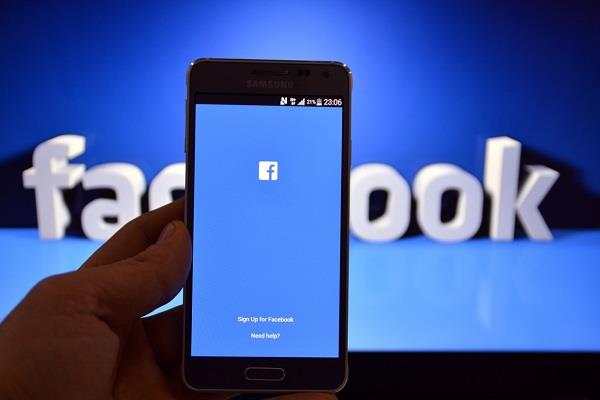
In a significant development, Facebook has abandoned its plan to develop high-flying solar-powered drones called Aquila that was aimed to deliver Internet to nearly four billion people in remote parts of the world.
A high altitude platform station (HAPS) system, Aquila's mission, according to Facebook CEO Mark Zuckerberg, was to connect the world and help people who do not have online access all the opportunities of the internet.
"We've decided not to design or build our own aircraft any longer, and to close our facility in Bridgwater in the UK," Yael Maguire, a Director of Engineering at Facebook, wrote in a blog post on Wednesday.
"Going forward, we'll continue to work with partners like Airbus on HAPS connectivity generally, and on the other technologies needed to make this system work, like flight control computers and high-density batteries," Maguire added.
Facebook began Aquila project in 2014. In 2017, the solar-powered drone successfully completed the second full-scale test flight.
"Over the next year we're going to keep testing Aquila -- flying higher and longer, and adding more planes and payloads," Zuckerberg had written in a post.
In
advance of the second flight, Facebook also incorporated a number of modifications to Aquila.
advance of the second flight, Facebook also incorporated a number of modifications to Aquila.
It included adding "spoilers" to the wings, which help to increase drag and reduce lift during the landing approach; incorporating hundreds of sensors to gather new data; modifying the autopilot software; integrating new radios for the communication subsystem, applying a smoother finish on the plane and installing a horizontal propeller stopping mechanism to support a successful landing.
According to Facebook, HAPS connectivity requires more than just an aircraft.
"We've made important progress on some of the other key parts of the system -- including setting new records using millimeter-wave (MMW) technology in air-to-ground and point-to-point communication," Maguire informed.
Facebook has already connected nearly 100 million people.
"We are continuing to invest in developing next-generation technologies like 'Terragraph', working with partners on new infrastructure builds like our fibre project in Uganda, and supporting entrepreneurs in programs like Express Wi-Fi -- all to help connect the four billion people who still do not have access to the Internet," the blog post said.
No Comments For This Post, Be first to write a Comment.
Most viewed from Business
AIMIM News
Latest Urdu News
Most Viewed
May 26, 2020
Is it right to exclude Bangladesh from the T20 World Cup?
Latest Videos View All
Like Us
Home
About Us
Advertise With Us
All Polls
Epaper Archives
Privacy Policy
Contact Us
Download Etemaad App
© 2026 Etemaad Daily News, All Rights Reserved.

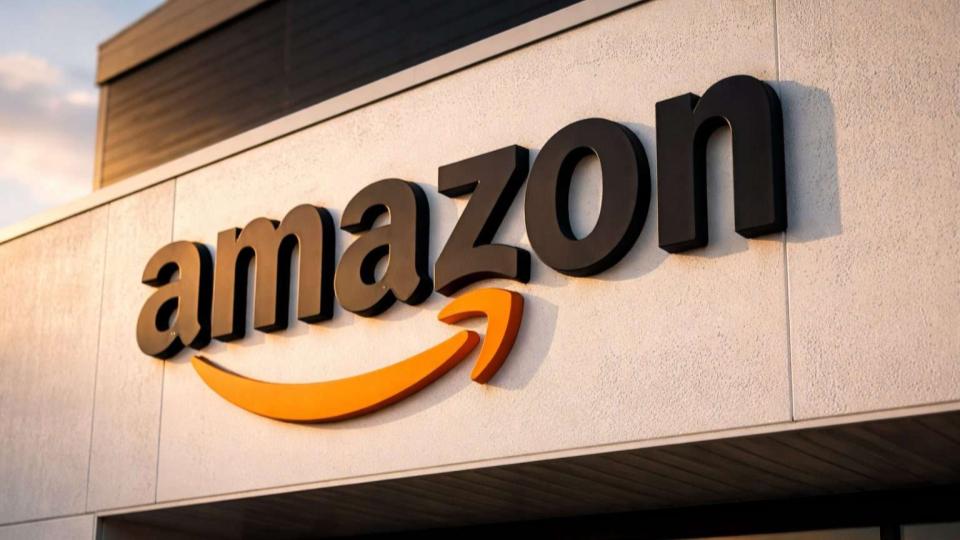

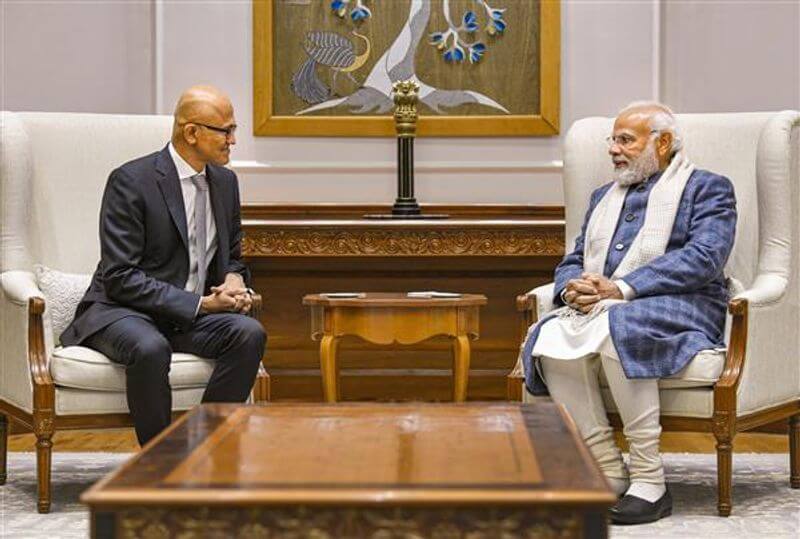
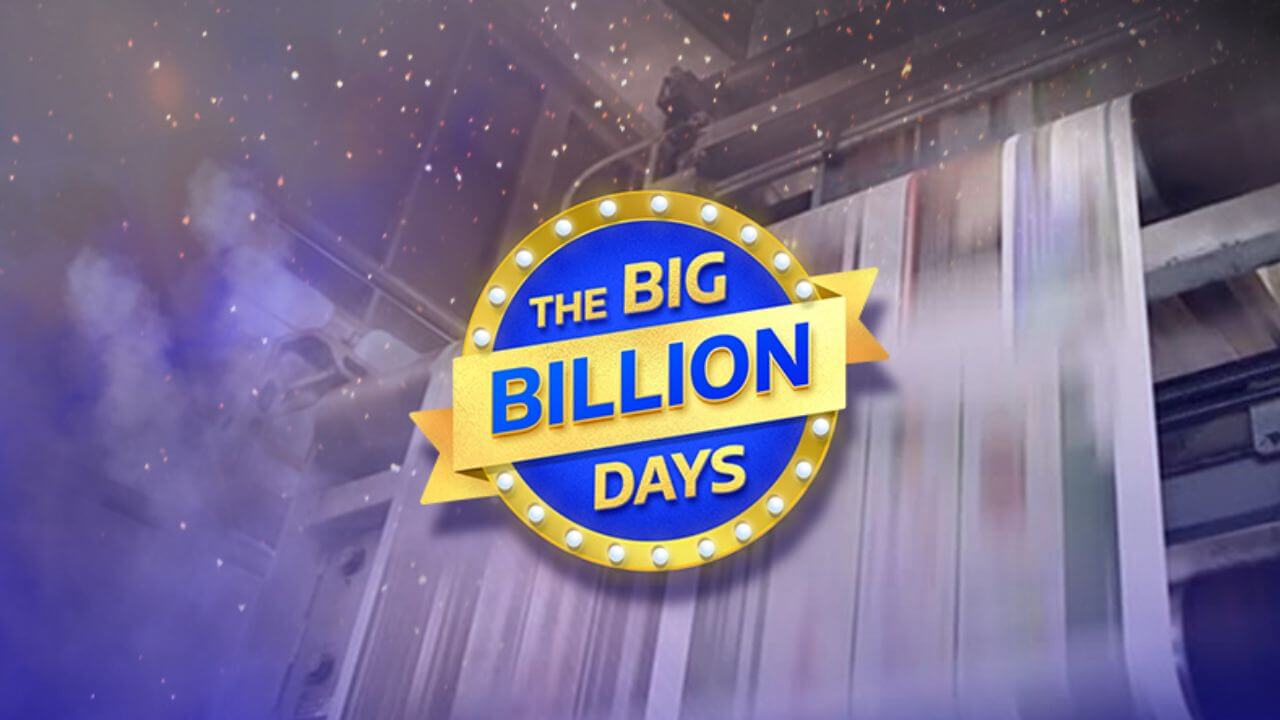
.jpg)
.jpg)
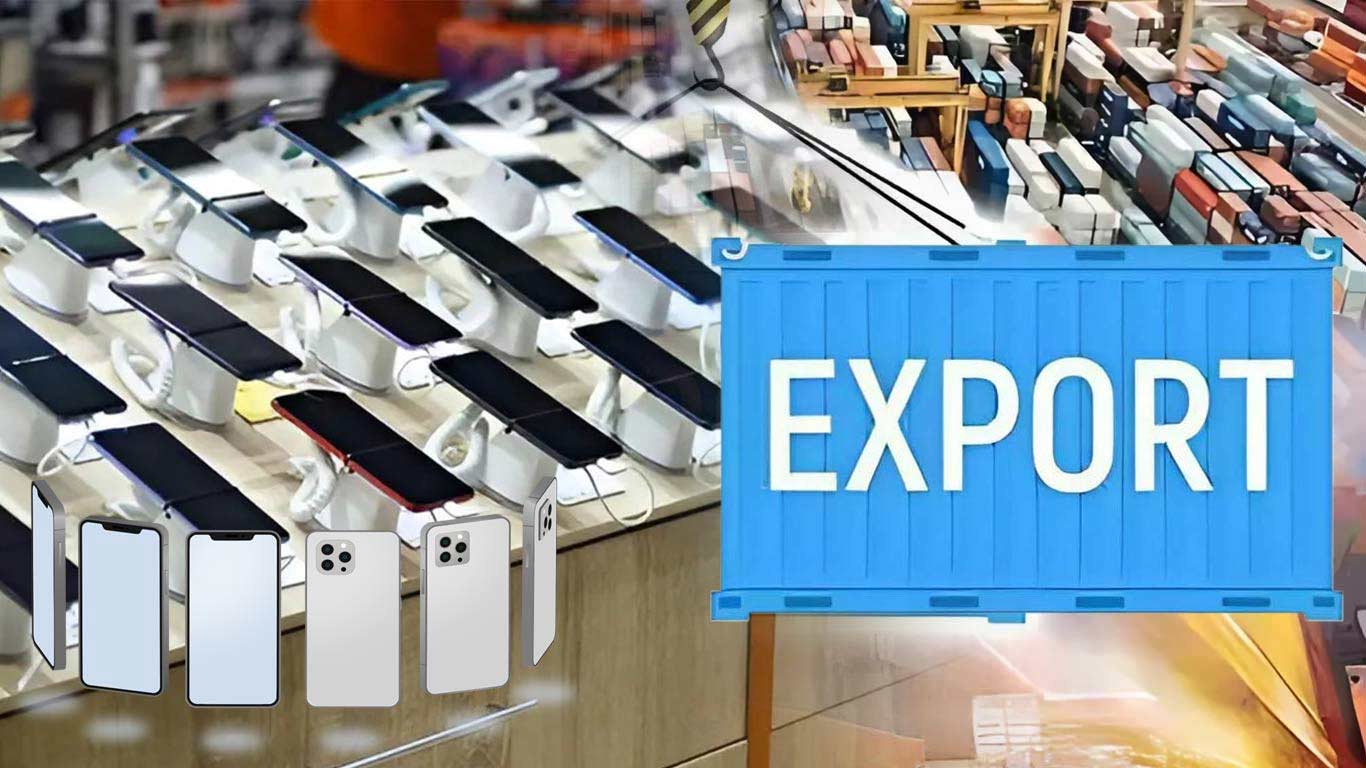

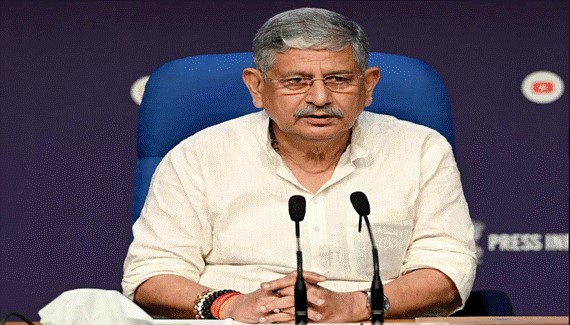

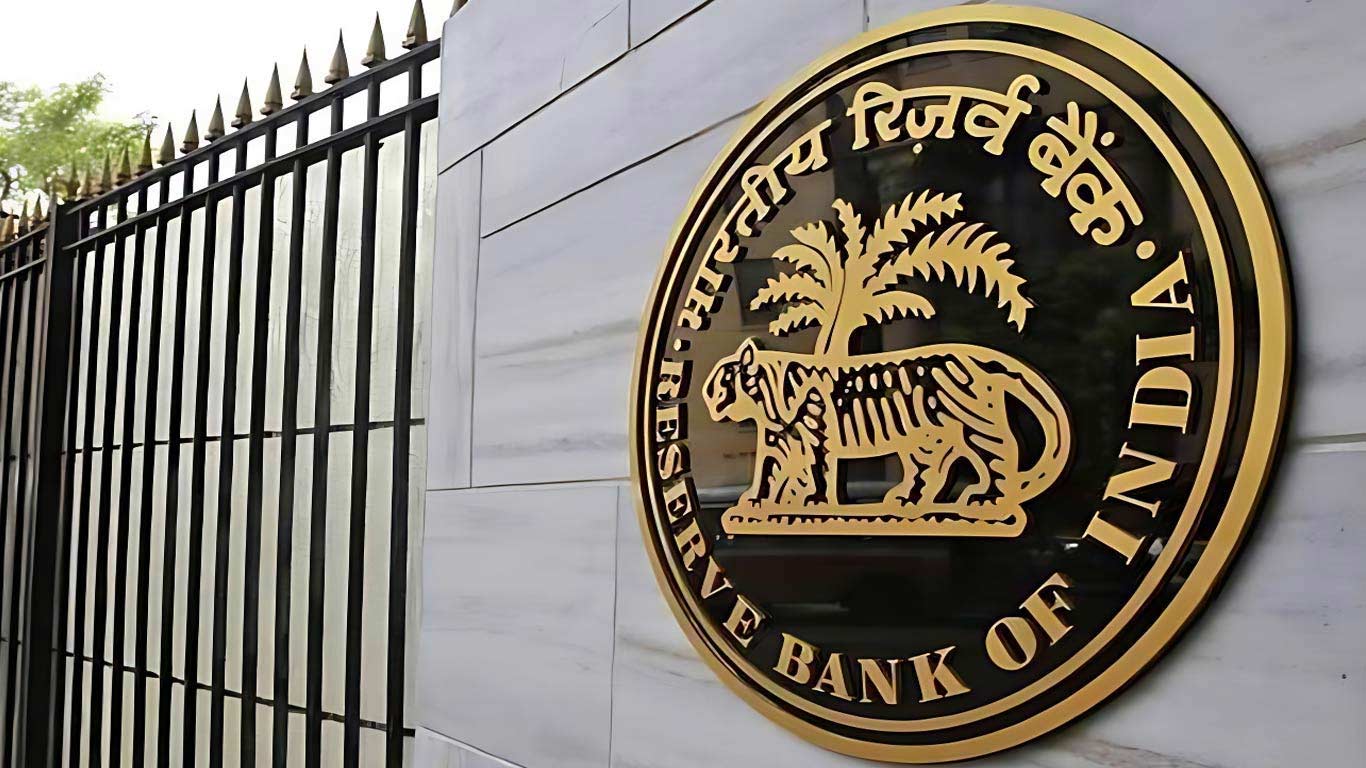


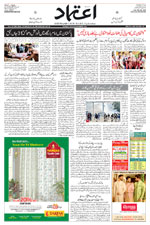










.jpg)
.jpg)
.jpg)


